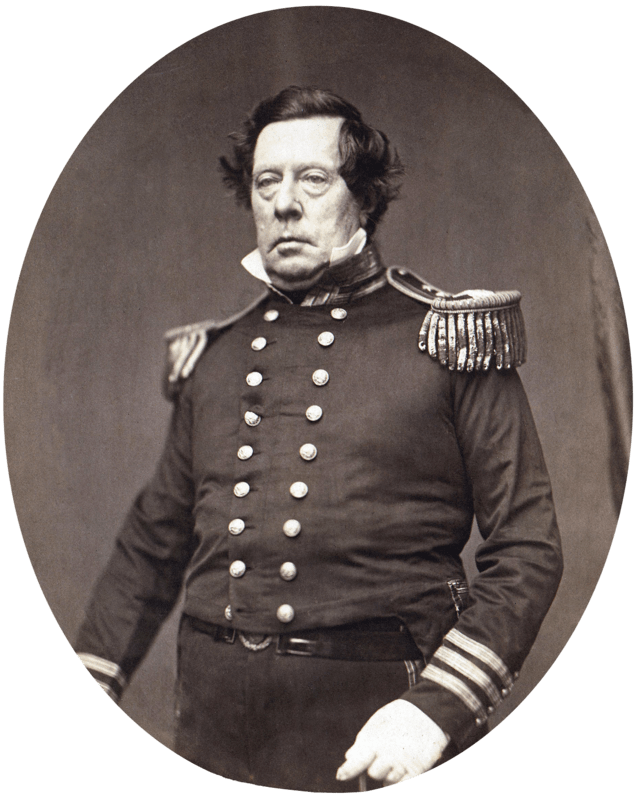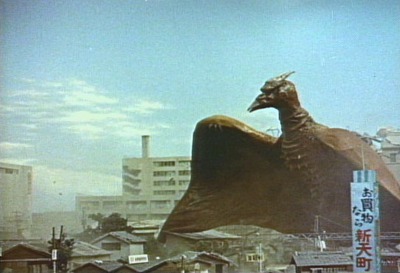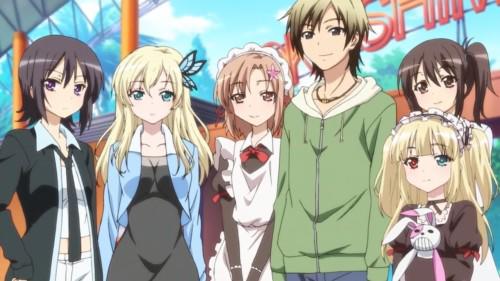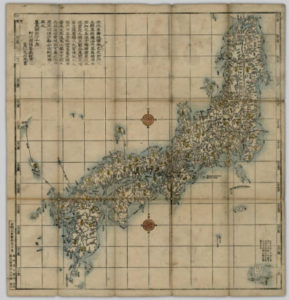
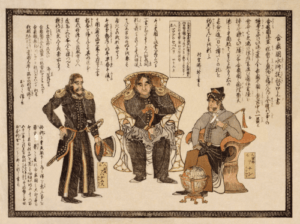
This very, very brief history of Japanese/American history serves as a backdrop to a curious phenomenon that has arisen in contemporary American culture, especially among those who consider themselves Otaku. There is a tendency to put Japanese culture on a pedestal, to hold a romantic view of life in the Land of the Rising Sun. Sometimes this view leads to a longing to live in Japan, one that when finally acted upon leads to a fair bit of disappointment. After all, it is easy to forget that even though Japan is home to some weird, weird stuff, people there live like the rest of us. They work, pay bills, go to school, and worry about their families the same as people in the US. Life for an expat in Japan, once the initial culture shock and excitement wears off, probably isn’t that different than life in the states. If anything, it would be lonely, because there are many cultural barriers between Japan and America that a person may not be aware of until their wading in hip deep.
The question is: where does this romantic view stem from? There is probably more than one cause, and they will of course change from individual to individual. If a person is lonely and misunderstood in their current community, a sort of “the grass is greener” mentality is a possible explanation. But perhaps a more general explanation is possible, and it is rooted in our shared history with Japan.
Japan and America are, at their roots, radically different. Japan tends to be very traditional, structured, and community oriented. America tends to be more individualistic, more enterprising, and more progressive. However, there are some telling similarities as well. Both cultures historically value hard work and determination. Both have a warrior ethos that is central to how they see themselves (the Japanese samurai; the American minuteman/revolutionary.) Both value honor and respect for family. And both have a tendency to be isolationist and xenophobic.
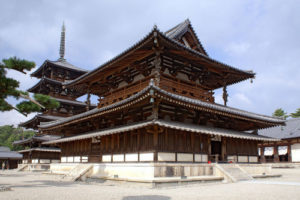
“Horyu-ji11s3200” by 663highland – 663highland. Licensed under CC BY 2.5 via Commons –
These similarities gave a sort of cultural compatibility that allows for the sharing of arts, entertainment, business practices, technology, and the like. Especially in modern Japan, there is enough that is familiar to Americans in Japanese culture that they feel like they would be comfortable there. At the same time, Japan is different enough to be exotic, what with it’s unique history and cultural practices. I think this comes to the heart of the American idealization of Japan: they’re like us, but they’re different enough that we can project fantasies onto those differences. Familiar, yet exotic. Known, yet unknown. Accessible, yet inscrutable.
Perhaps this is why so many Americans have such a romantic view of Japan. This, at least, is the conclusion I have reached. So what is wrong with putting Japan on a pedestal? Why are Chris and I making a point to reveal as much as possible about Japan as it is, rather than as it is often perceived?

“Skyscrapers of Shinjuku 2009 January (revised)” by Morio – Own work. Licensed under CC BY-SA 3.0 via Commons –
When a person puts something (or someone) on a pedestal, they cease to see the object of their adoration as it is, and only see it as they wish it to be. They see their conception of the idealized, rather than the thing itself. This leads to a distorted view of the idealized object/person, and leads the admirer to a flawed understanding. Now most times this is harmless, but it can lead to a lot of disappointment and unhappiness when the “bubble” of distorted view is popped. Imagine an Otaku’s disappointment when they move to Japan and find existence there as humdrum as it is here, and find that they do not mesh with the culture because they fundamentally misunderstood it.
In addition, projecting an idealized image onto Japan (or a person or anything else really) is fundamentally disrespectful. That is because you are not accepting it for what it is, but rather making it what you want it to be. If you truly love Japanese culture, you would accept it as is and try to understand what is really there, without your own biases interfering.
To conclude, the way of seeing Japan in America is distorted by a tendency to idealize our ally and friend. Anime fans and Otaku especially have this tendency. This likely stems historically from the close, often antagonistic relationship our two nations have shared. We would do well to recognize this tendency toward idealization, and cultivate a more realistic view of the country and culture we find so fascinating.
